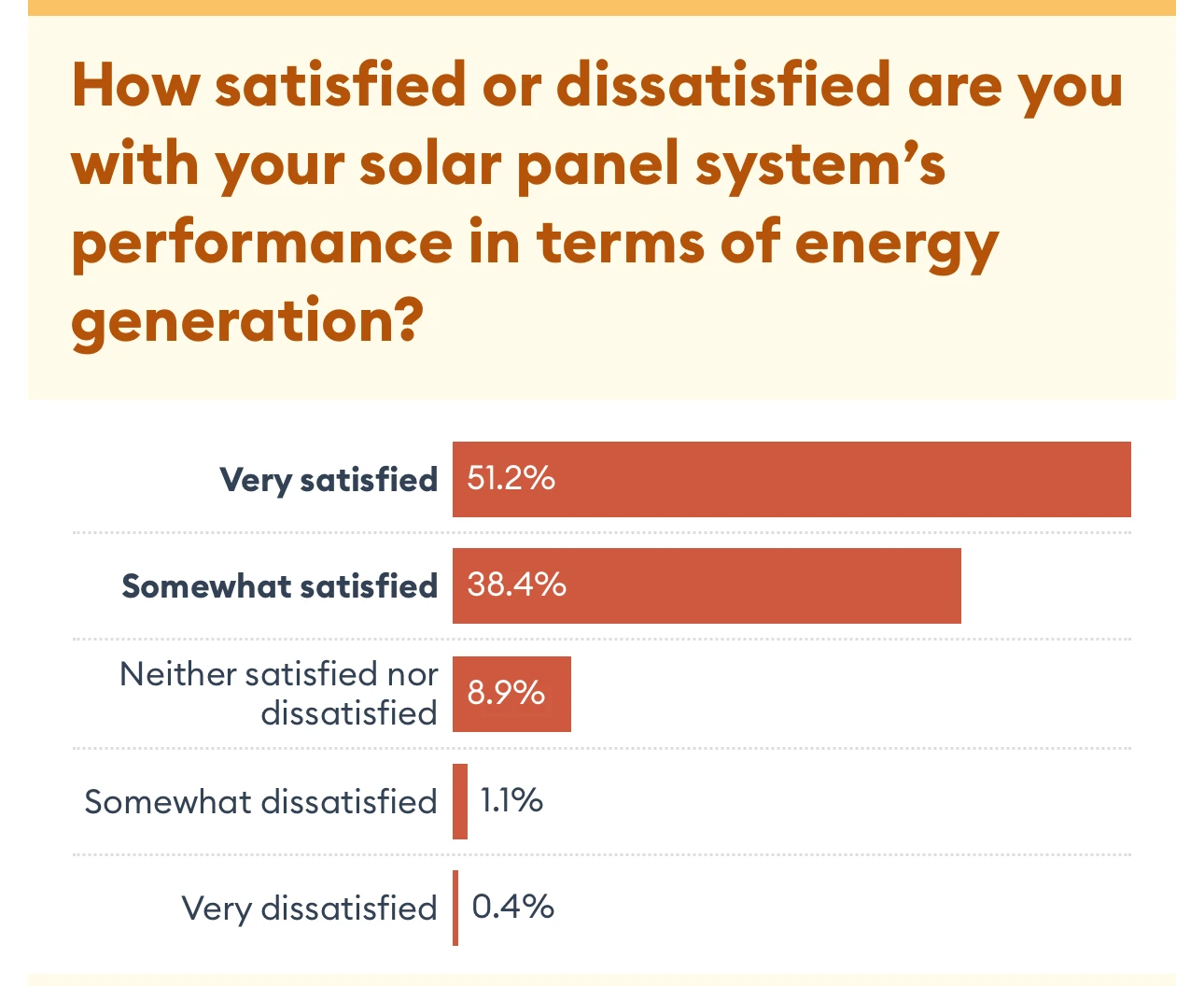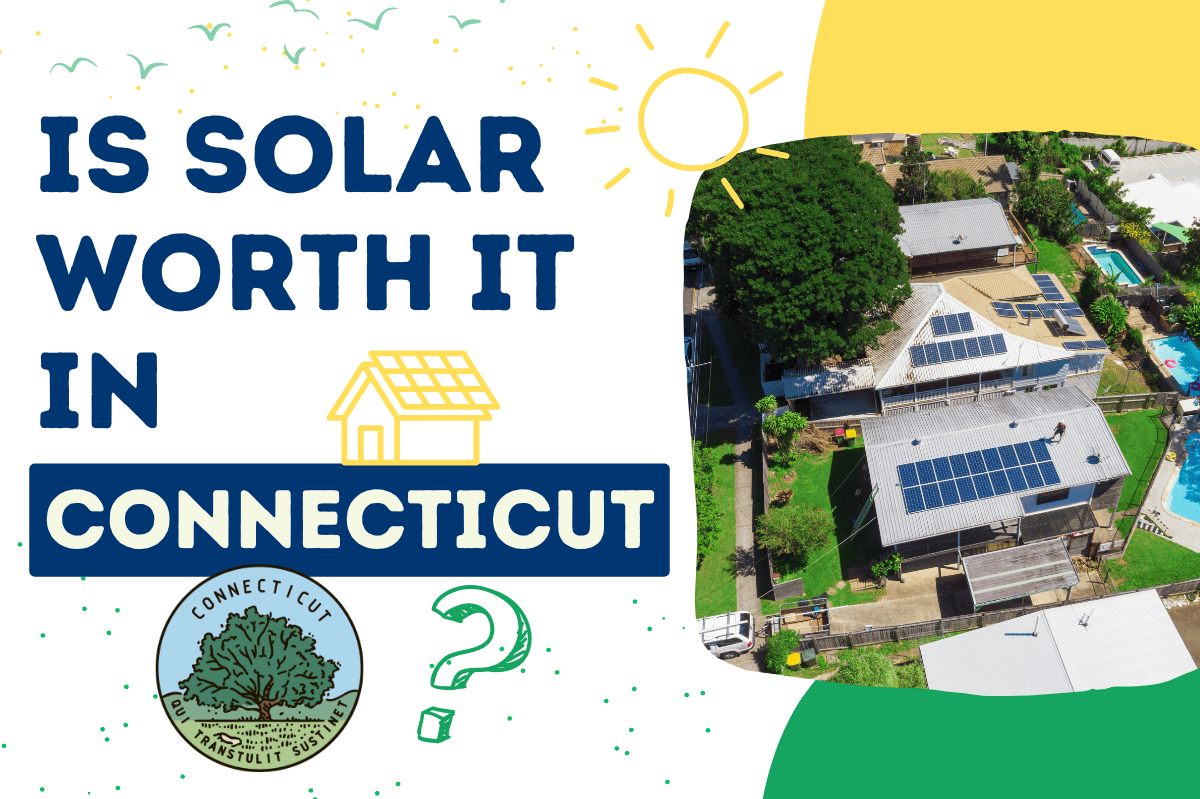Are Americans Really Happy With Terra Energy?
Solar energy continues to gain popularity across the United States, and a recent 2024 survey sheds light on American homeowners’ satisfaction with their solar panels. Let’s dive into the findings and see what makes solar energy so appealing this year.

Why Are American’s So Happy With Their Solar Panels? The Growing Popularity of Solar Panels in 2024
As more Americans look for sustainable energy solutions, solar panels are emerging as a top choice. The 2024 survey highlights a significant uptick in the number of households installing solar systems. What’s driving this trend and why are americans so happy with their solar panels in 2024?
Key Takeaways
The primary reasons for installing solar panels center on energy independence (73%), cost savings (67%) and environmental concerns (50%).
At least 67% of current owners are considering expanding or upgrading their solar systems.
Over 82% of owners would recommend solar panel installation based on their experience.
Key Drivers:
• Environmental Concerns: Many homeowners are motivated by a desire to reduce their carbon footprint.
• Economic Benefits: Solar panels can lead to substantial savings on electricity bills.
• Government Incentives: Federal and state incentives make solar installations more affordable.

High Satisfaction Rates Among Solar Panel Users
According to the 2024 survey, a staggering 88% of homeowners with solar panels report being very satisfied with their decision. This high satisfaction rate is largely due to several factors:
1. Cost Savings: Most respondents noted a significant reduction in their energy bills. Some even reported savings of up to 60% on their monthly electricity costs.
2. Energy Independence: Homeowners appreciate the ability to generate their own electricity, reducing reliance on utility companies.
3. Environmental Impact: Many users feel good about contributing to environmental conservation by using renewable energy.

Potential Savings and Financial Incentives
The survey also underscores the financial incentives that make solar panels an attractive investment in 2024. Here are some of the most compelling economic benefits:
• Federal Tax Credits: The federal government offers a tax credit of up to 30% of the installation cost.
• State Incentives: Various states provide additional rebates and incentives, further lowering the initial investment.
• Net Metering: This system allows homeowners to sell excess energy back to the grid, creating another revenue stream.
Challenges and Considerations
While the survey highlights many positives, it also touches on a few challenges. Some homeowners expressed concerns about the initial installation cost, even with incentives. Additionally, the effectiveness of solar panels can vary based on geographic location and weather conditions.
Challenges Noted:
• Initial Cost: Despite incentives, the upfront cost can be a barrier for some homeowners.
• Geographic Limitations: Solar efficiency can be lower in regions with less sunlight.

The Future of Solar Energy in America
The survey results suggest a bright future for solar energy in the United States. With increasing satisfaction rates and ongoing technological advancements, solar panels are likely to become even more efficient and affordable. Additionally, as more people become aware of the long-term benefits, adoption rates are expected to rise.
Future Trends:
• Technological Innovations: Continued advancements in solar technology will improve efficiency and reduce costs.
• Increased Awareness: Greater public awareness of environmental issues will drive more homeowners to consider solar energy.
Why Are Americans So Focused on Energy Independence with Solar Panels?
A recent survey shows that 73% of Americans install solar panels to achieve energy independence. This desire tops the list of motivators, with cost savings (66.3%), government incentives (56.3%), and environmental concerns (50.2%) also playing significant roles.

Energy Independence: The Leading Factor
The concept of energy independence is rapidly gaining traction among Americans. In essence, it means generating your own electricity through solar panels and reducing reliance on the traditional energy grid. This independence offers several benefits:
• Autonomy and Control: Homeowners gain a sense of control over their energy production.
• Cost Stability: Solar energy helps sidestep potential electricity price hikes.
• Reliability: Solar panels provide a safeguard against grid failures.
Solar Power’s Growing Popularity
The Solar Energy Industries Association (SEIA) reported a 37% growth in U.S. solar power in 2020. They project that from 2021 to 2025, the country will see a 42% increase in solar installations compared to the previous five years (2015-2020). This growth underscores the increasing appeal of solar energy.
Multi-Faceted Appeal of Solar Panels
The numbers suggest that homeowners view solar panel installation as more than just a home improvement project. It’s a multi-dimensional decision influenced by:
• Financial Factors: Significant cost savings on energy bills.
• Government Incentives: Federal and state incentives that make installation more affordable.
• Environmental Impact: The positive contribution to environmental conservation.
Energy Independence at the Forefront
Overall, the push for energy independence is a significant driving force behind the rise in solar panel installations. Homeowners are drawn to the financial, environmental, and personal benefits, with energy independence becoming an increasingly central factor in their decision-making process.
Interested in exploring solar energy solutions for your home? Reach out to Terra Energy at goterraenergy.com for expert advice and top-notch service. Take the first step towards energy independence and cost savings with a trusted provider.


